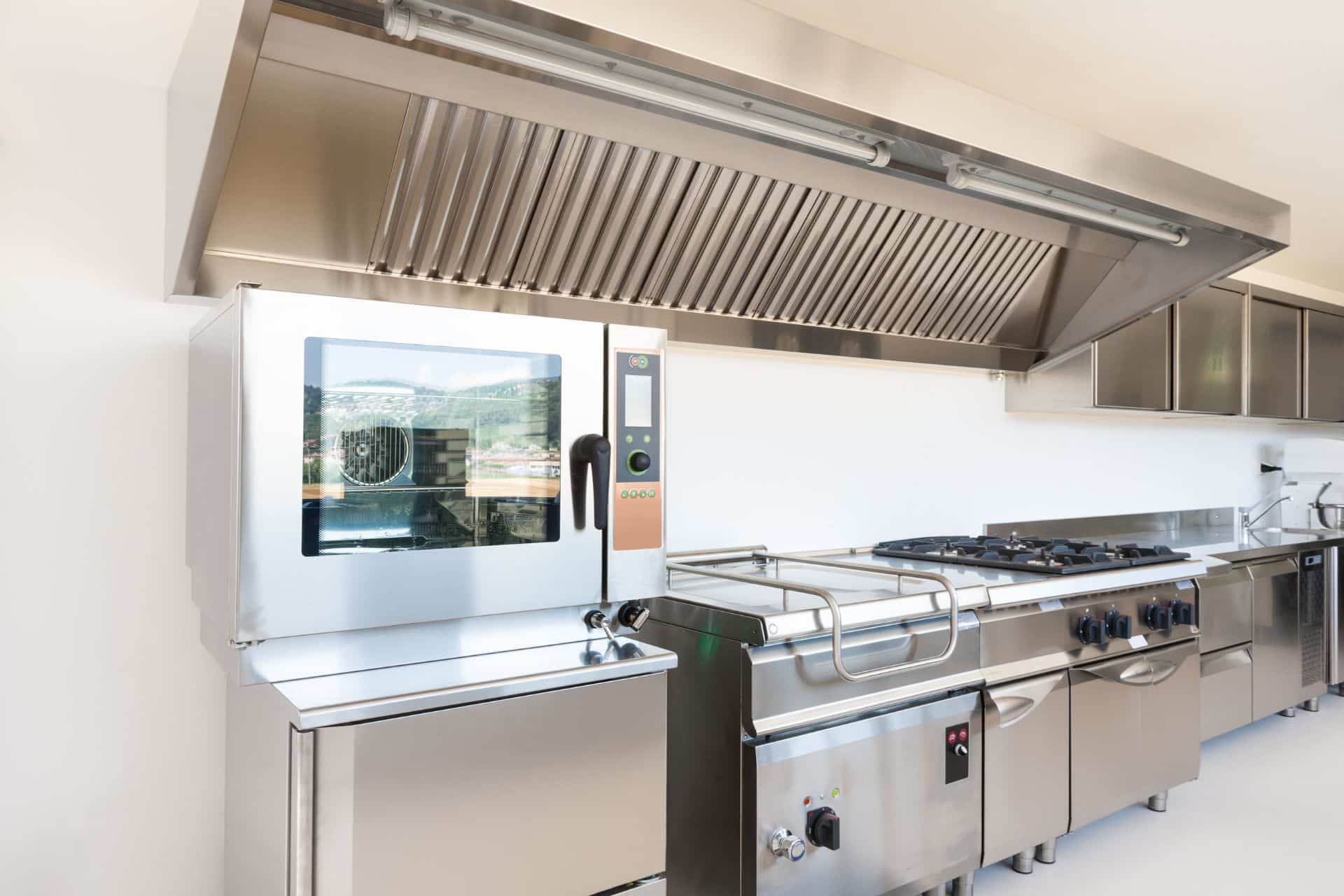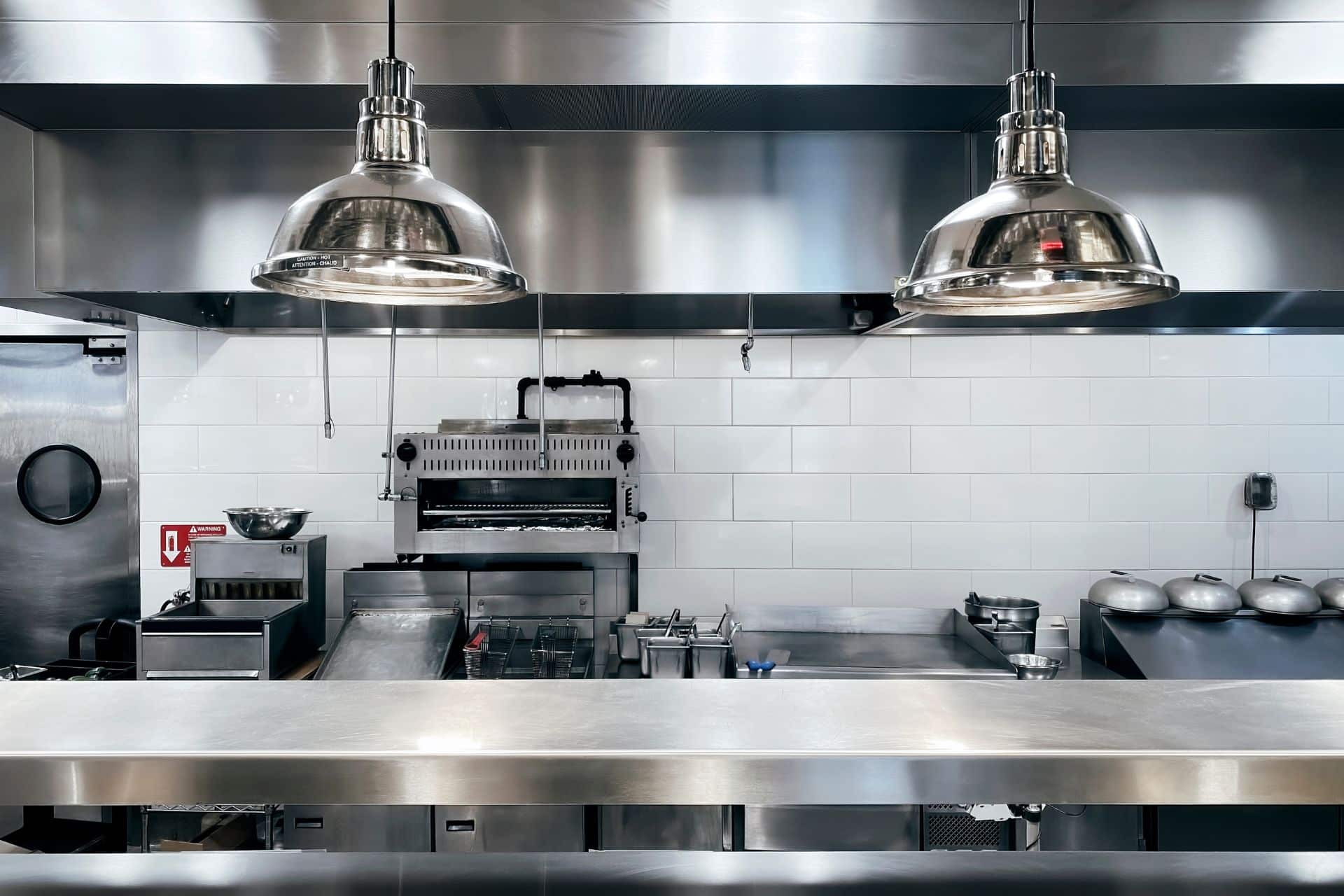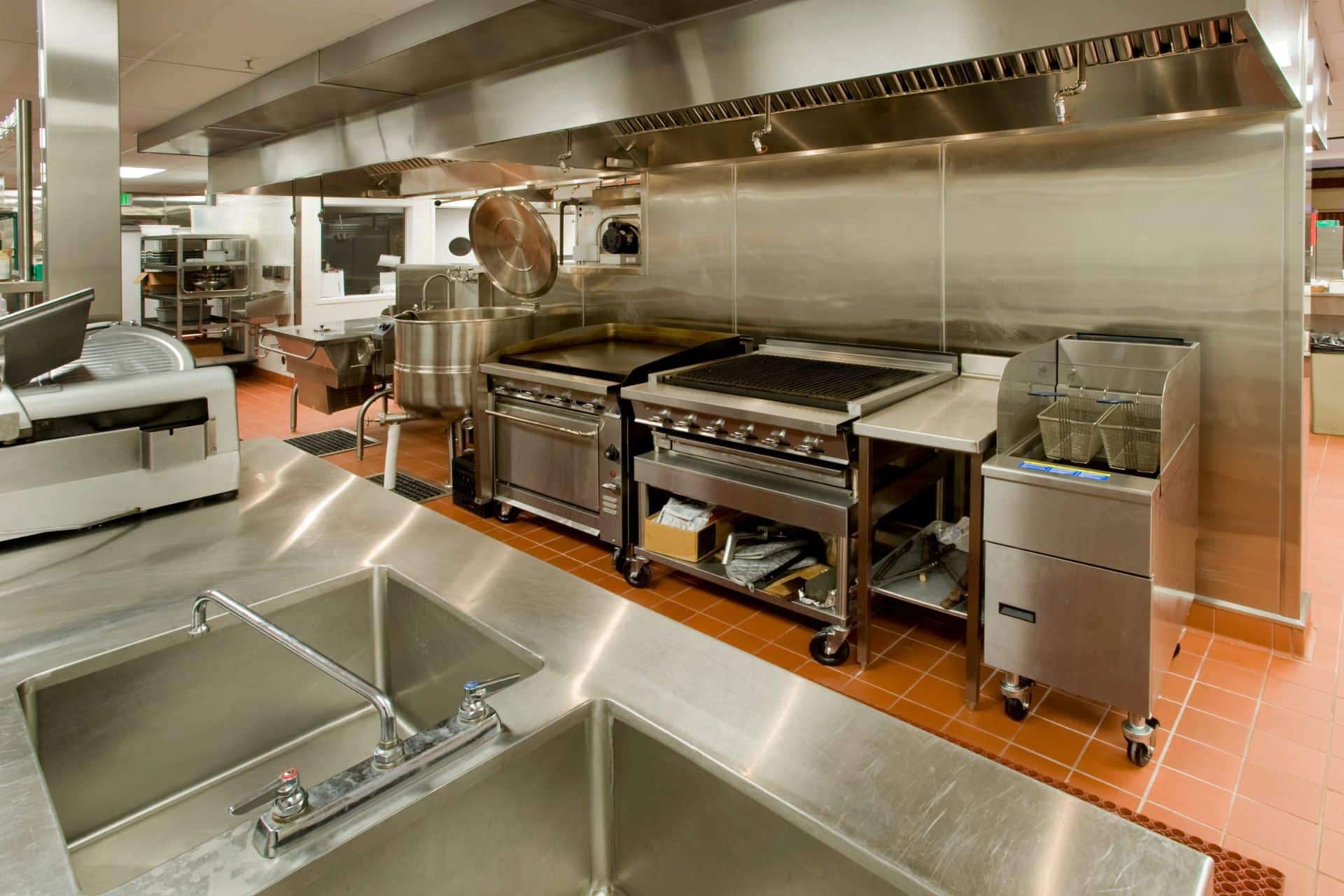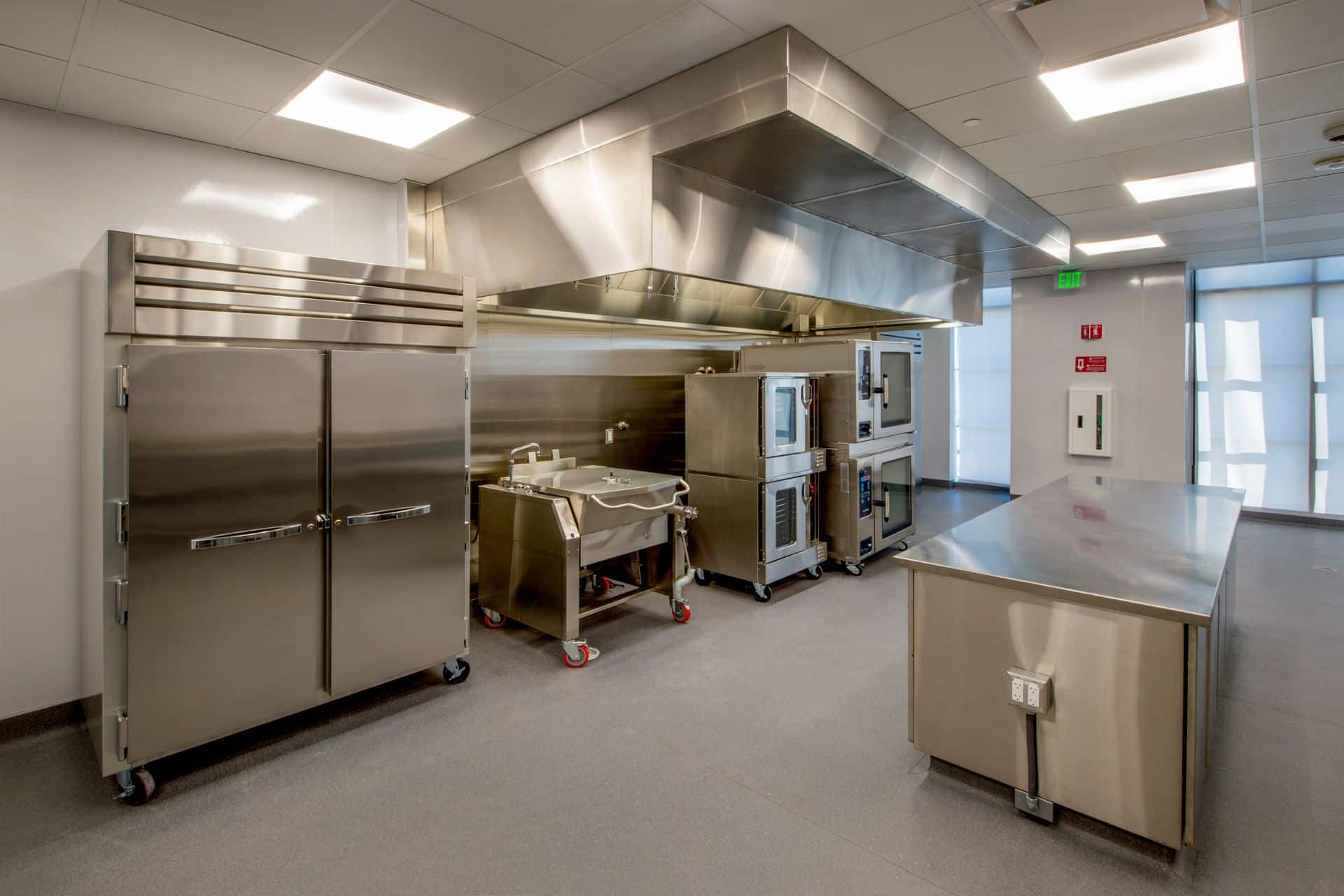A commissary kitchen is more than just a culinary space; it’s the engine room where culinary dreams are realized. With a rise in demand for commercial kitchen spaces and kitchen remodeling, there’s been a spotlight on this vital aspect of the culinary business. From initial conceptualization to renovation, we delve into the intricacies and advantages of commissary kitchens.

Image from Canva
Understanding the Basics of Commissary Kitchen
Definition
At its core, a commissary kitchen is a commercial kitchen rented out to culinary businesses to prepare and store food.
Usage
These kitchens are especially popular among food trucks, caterers, and other businesses that lack a dedicated kitchen space.
Renovation
To optimize performance, these kitchens often undergo kitchen remodeling or renovation, ensuring they meet the needs of diverse clients.
Benefits of Opting for a Commissary Kitchen
- Cost-Effective: Renting a commissary kitchen can be more affordable than setting up a new commercial kitchen from scratch.
- Flexibility: Catering businesses with fluctuating demands can benefit from the adaptability these kitchens offer.
- Compliance: These kitchens are typically up-to-code, ensuring you meet health and safety regulations.
Kitchen Remodeling and Renovation for Commissary Kitchens
When considering a commissary, the idea of kitchen remodeling and renovation might crop up. Here’s why:
- Tailored to Needs: Businesses can modify and upgrade the space according to their specific requirements.
- Modernization: Kitchen remodeling ensures that the space is equipped with the latest technology and meets contemporary culinary standards.
- Enhanced Efficiency: A well-renovated kitchen can enhance workflow, productivity, and thereby profitability.

Image from Canva
Permits Required and Costs to Remodel a Commissary Kitchen in Alexandria:
Before diving into a remodeling project for a commissary kitchen in Alexandria, you’ll need to consider the permits and associated costs. Not only does this ensure your project’s legality, but it also ensures that safety and standards are maintained for everyone’s benefit. Below are the common permits required:
Building Permit:
This is typically required for any structural changes.
Cost: Varies based on project scope but can range from $100 to over $1,000.
Electrical, Mechanical, and Plumbing Permits:
If you’re making changes to the electrical system, HVAC, or plumbing, you’ll need these permits.
Cost: Each permit can range from $50 to $500 depending on the scope of work.
Health Department Permit:
Essential for any establishment that deals with food preparation and service.
Cost: Starting at $100 and can go up based on the size of the establishment.
Fire Department Inspection and Permit:
Required to ensure that your kitchen adheres to fire safety standards.
Cost: Inspection fees can range from $50 to $150.
Business License:
If you’re running a new business out of the commissary, you’ll need a business license specific to Alexandria.
Cost: Typically ranges from $50 to $500 annually.
Waste and Grease Disposal Permit:
If your kitchen produces a significant amount of waste or grease, you might need a special permit for its disposal.
Cost: Varies but can start at around $100 annually.
Special Use Permits:
Depending on the location of the kitchen, zoning laws might require you to obtain a special use permit.
Cost: Starting at $200 and can go up based on the specifics of your location.
Note: The costs listed above are approximate and can vary based on the specifics of your project, the size of your kitchen, and annual adjustments in fee schedules. It’s advisable to contact local authorities or professionals in Alexandria to get the most accurate and up-to-date information.
Remember, the process of obtaining the right permits might feel cumbersome, but they’re vital for running a legitimate and safe operation. Skipping this step could lead to hefty fines, legal troubles, or even the shutdown of your business. Always ensure that you have all the necessary permits before beginning any remodeling work.

Image from Canva
FAQs on Commissary Kitchens
What is the primary difference between a commissary and a standard commercial kitchen?
A commissary kitchen is specifically designed for rental, catering to multiple businesses, whereas a standard commercial kitchen is usually owned or leased long-term by one business or restaurateur.
Can I customize a commissary kitchen to my needs?
Yes, many commissaries allow for kitchen remodeling or renovation, so you can tailor the space according to your requirements.
Is a commissary kitchen cost-effective for a small business?
Absolutely. Especially for businesses that don’t need a permanent kitchen space, renting a commissary can be more cost-effective than maintaining a standalone kitchen.

Image from Canva
Conclusion: Embracing the Commissary Kitchen Model
In the ever-evolving world of culinary business, the commissary kitchen stands as a beacon for many. Offering flexibility, compliance, and a space to thrive, it’s no wonder they’re the go-to choice for many budding and established foodpreneurs. Coupled with timely kitchen remodeling and renovation, these kitchens promise to be the backbone of many successful food ventures in the years to come. Contact us for your commissary and commercial kitchen remodeling needs!